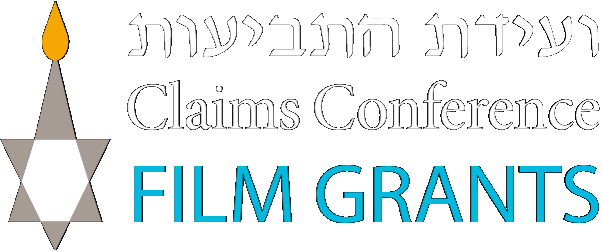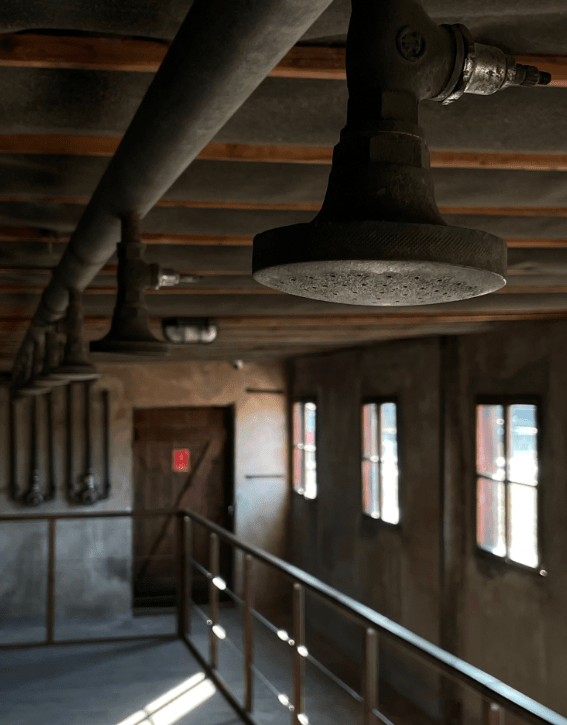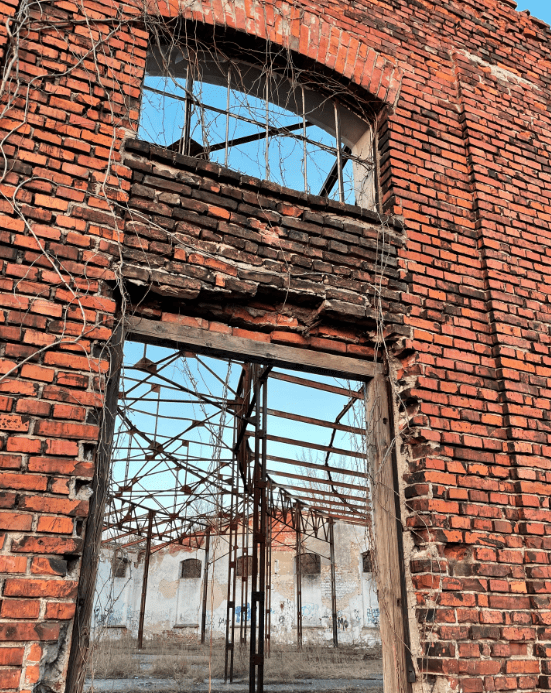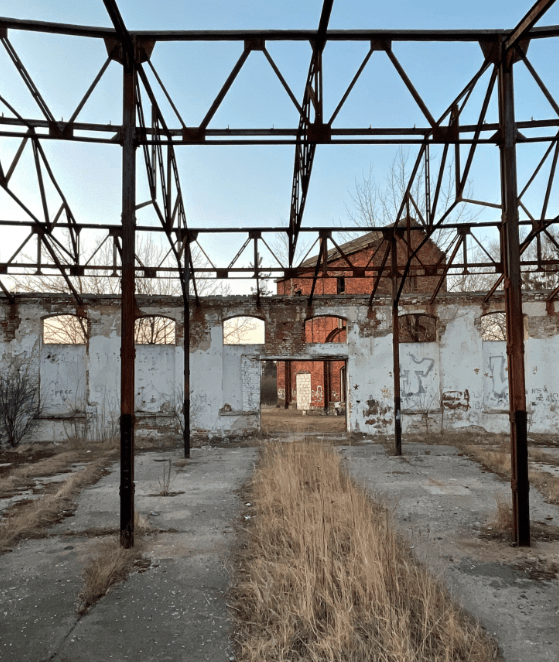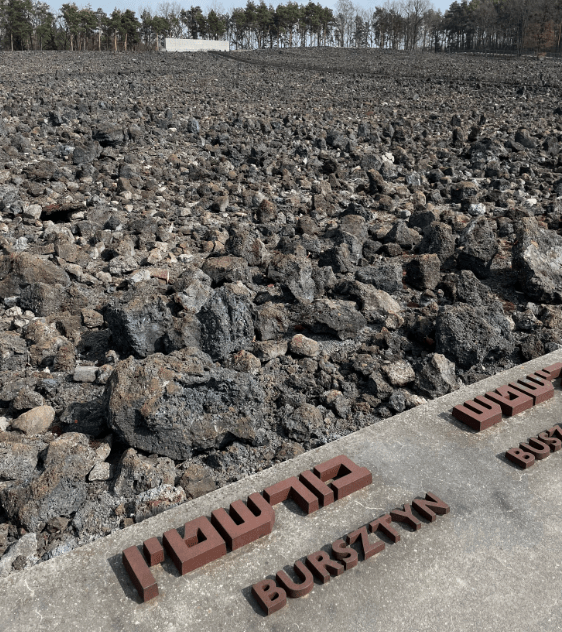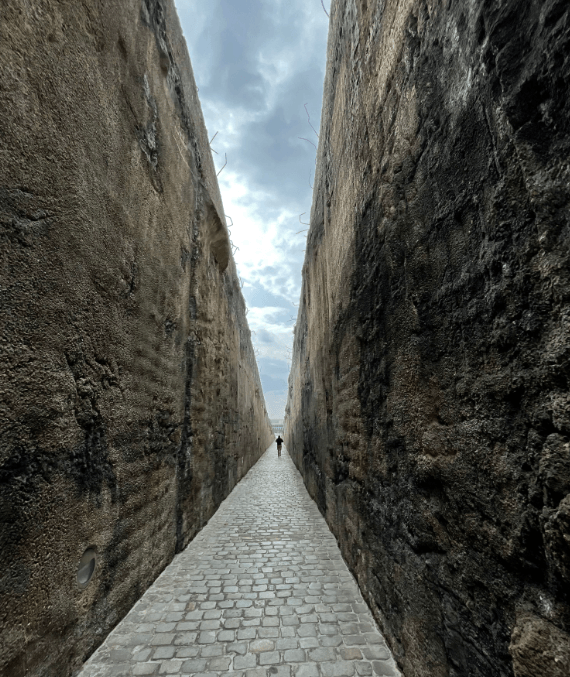From April to June 1942, thousands of Jewish families were deported from the Slovak war-time state to the Lublin Region of the General Government, Poland, as part of Operation Reinhard, aimed at the extermination of the Jewish population. After their arrival in Lublin, groups of Jewish men were selected for slave labour and were dispatched to the Majdanek concentration camp.
Synopsis
The women, children and the elderly were placed into ghettos established by the Nazis as transit homes for the confinement of Jewish deportees, before their transfer to the Bełżec, Sobibor and Treblinka death camps. The living conditions in the ghettos were harsh. People slept in crowded and shabby houses or outdoors, suffering from a lack of hygiene and dying of starvation or typhus. They also faced the constant risk of being robbed or randomly shot by the SS troops and allied Ukrainian guards. Many Slovak Jews were forced into slave labour outside the ghetto. There were a number of escapees who made their way back to Slovakia and gave accounts of the atrocities being committed by the Nazis. A significant motif of the film will also be the resistance to evil and against the killing machinery. Various attempts at individual or collective revolt will be presented, both successful and failed (in which the Slovak Jews were involved as well). The film is focused on testimony of the second and third generation of families who survived or were murderer during the Holocaust. They have never known their grandparents and great grandparents, but they are connected to their destinies.
To fully grasp the hardships which their ancestors were put through before the gas chamber doors closed behind them, the interviewees will trace the journeys of their families and will visit the scenes of the atrocities in Poland. How can they intimately reflect the stories of their loved ones? How do they live on in their memories, how are they present in their daily lives? How do they keep their memory alive?
What commitment do they feel to them? Have they ever tried to put
themselves in their situation, to imagine they found themselves in their
conditions? Together with them, we will look into the faces of their beloved relatives, to get to know them better. Because they dreamed of freedom and salvation, often during a long period of incredible grief … Whether they were murdered immediately or struggled for survival for a long time, they all experienced extreme humiliation, hunger, pain, torture…
Director’s Statement
As filmmakers, we have to make documentaries about neuralgic issues of our past, and in this way, participate in changing the awareness of people, no matter how long and painful the process will be. It is high time for the society to address the expressions of anti-Semitism and neo-fascism in all seriousness and not let them grow to such proportions when the society will not be able to deal with it and will only look helplessly how it gets out of hand. In fact, it is already happening.Right now, we are again witnessing the dissemination of opinions that the members of some ethnic groups are the cause of our problems. They are not considered to be people, human beings; they are not like ‘us’, we do not have to be afraid to eliminate them. We have to do our best to prevent this from happening again. We are aware that this is a serious project related to not only Slovakia, but also the entire European Jewish population, which is currently threatened by growing manifestations of anti-Semitism. That is why we consider it important to open up the dark sides of our past and constantly remember them with new films. The victims of the war crimes are long dead. But aren’t we, as descendants of the Slovak fascist state, a bit of a victims to this day? Victims of our own inability/indifference to come to terms with our dark heritage, with our shared responsibility for the crimes committed? It’s like a boulder pulling behind us and we can’t get rid of it.
Year
In Production
Director:
Dusan Huden
Editor and Producer:
Darina Smržová
